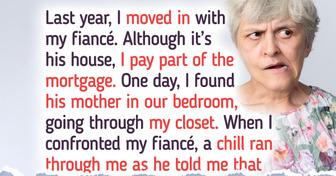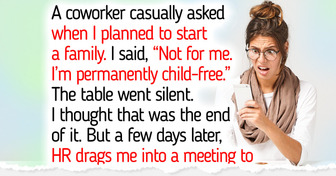20+ People Who Received Terrible Gifts From Their Mothers-in-Law

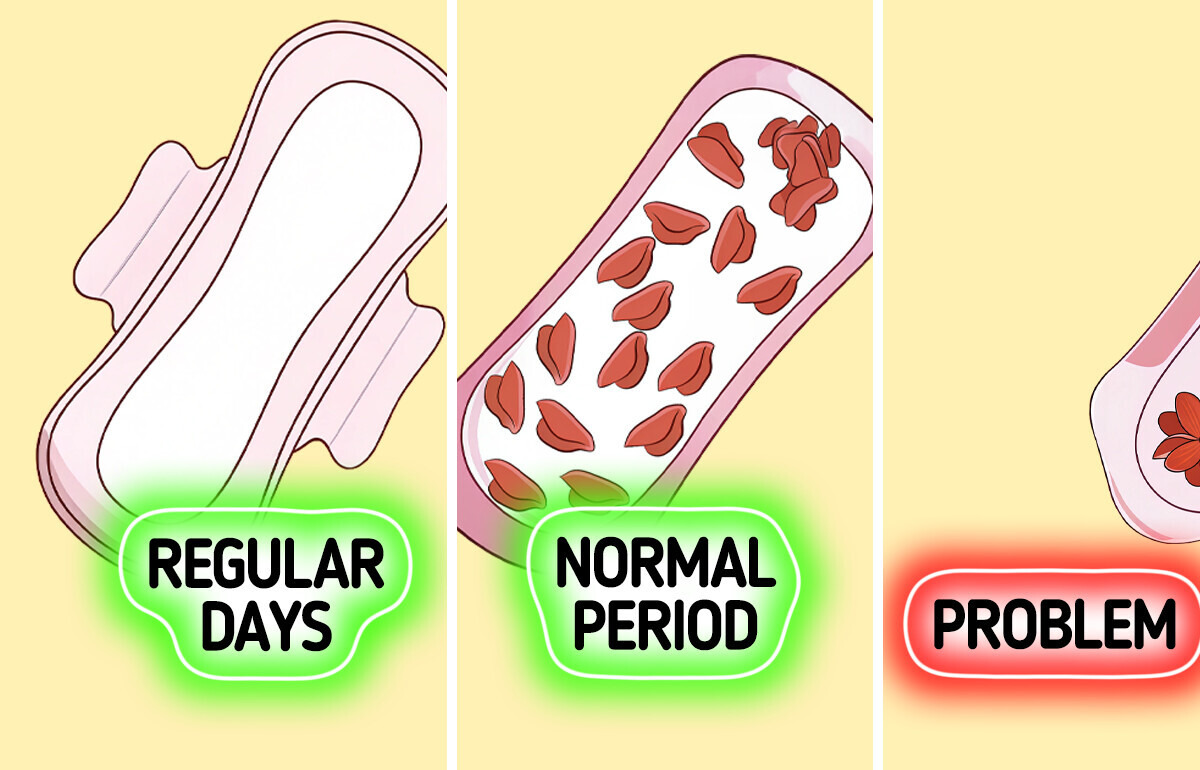
Endometriosis affects a lot of women, yet many go undiagnosed. If you’re experiencing extreme period pain, digestive issues, or unexplained fatigue, your body might be signaling a deeper issue. Here are 10 signs to watch for.
CONTENT IS PROVIDED FOR INFORMATIONAL PURPOSES ONLY AND IS NOT INTENDED AS A SUBSTITUTE OF MEDICAL ADVICE.
SEEK GUIDANCE OF YOUR DOCTOR REGARDING YOUR HEALTH AND MEDICAL CONDITIONS.
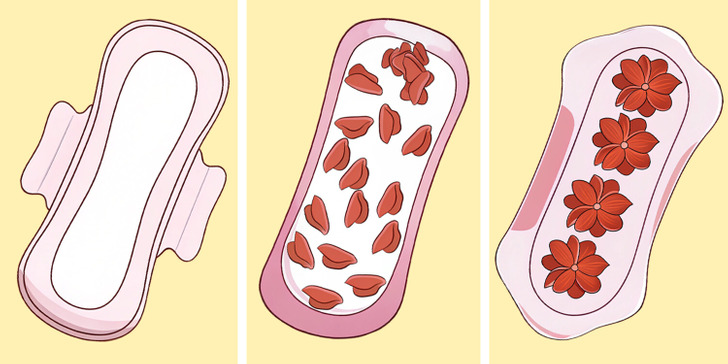
If your periods are so heavy that you have to double up on pads, go through tampons too quickly, or wake up at night due to leaks, this could be a sign of endometriosis. Many people with the condition experience excessive menstrual bleeding or spotting between cycles.
Irregular periods can also be a symptom. If your cycle is unpredictable, excessively heavy, or seems to be getting worse over time, it’s worth getting checked out.
Menstrual cramps may come and go, but with endometriosis, the pain isn’t limited to just your period.
Chronic pelvic pain—dull, deep, and sharp sensations that persist long after your cycle is over—is a huge red flag. This pain can feel like constant discomfort in your lower abdomen, lower back, or hips, making everyday tasks feel exhausting.
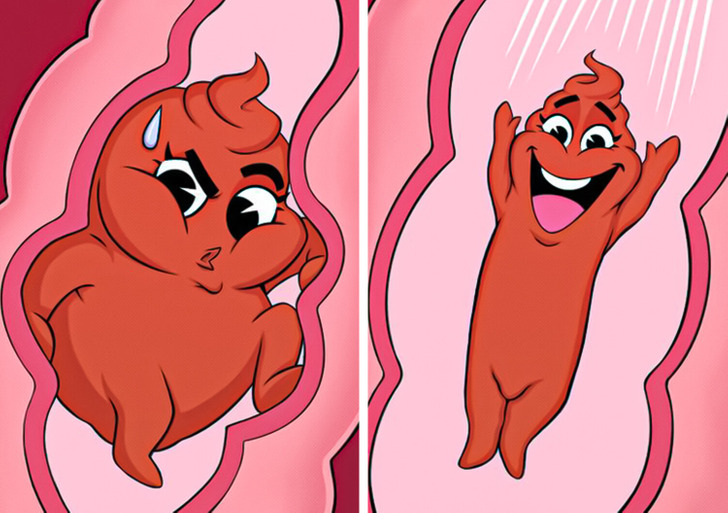
Endometriosis doesn't just affect your reproductive system—it can also seriously disrupt your digestive and urinary health. Many people with endo experience symptoms that mimic irritable bowel syndrome (IBS), including bloating, constipation, diarrhea, and painful bowel movements.
Some can even feel like they have a urinary tract infection (UTI) when they don't. Frequent urination, burning sensations, or feeling like you can't fully empty your bladder could all be linked to endometriosis.
Pain during intimacy is one of the most common and distressing symptoms of the condition. This happens because endometrial tissue can grow behind the uterus, on the ovaries, or in the pelvic cavity.
Unfortunately, this symptom is often overlooked or dismissed. If you experience this kind of discomfort, it’s time to seek medical advice.
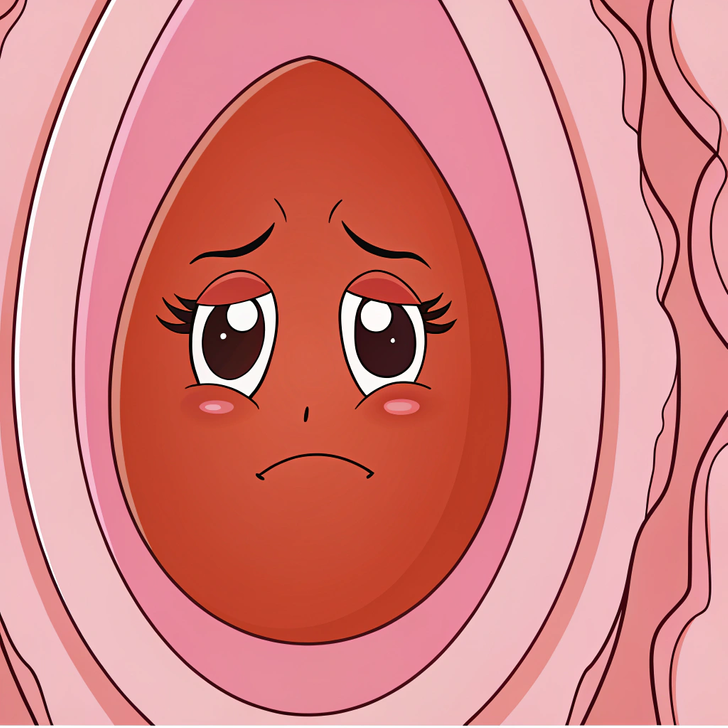
For some people with endometriosis, ovulation isn’t just a mild twinge—it can be excruciating. If you experience sharp pain on one side of your lower abdomen around the middle of your cycle, it could be a sign that endometrial tissue is growing on or near your ovaries. This pain may last for hours or even days and can sometimes be mistaken for appendicitis or other abdominal issues.
Many individuals with endometriosis notice that certain foods trigger bloating, nausea, or increased pain. This is because endometriosis is linked to systemic inflammation, and foods like gluten, dairy, and processed sugar can worsen symptoms. If you find yourself suddenly reacting badly to foods you once tolerated well, it might not just be a digestive issue—it could be connected to endometriosis.
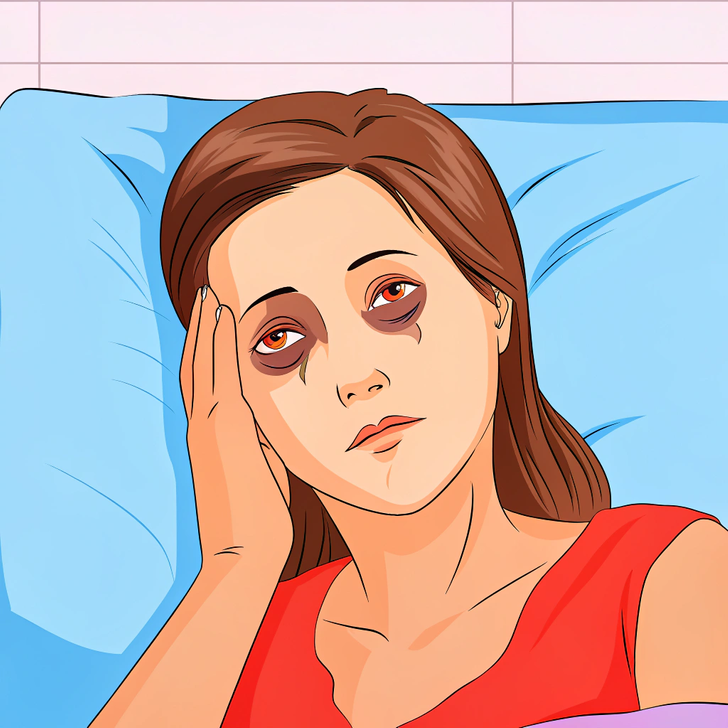
If you feel exhausted no matter how much you sleep, it could be a sign you have endometriosis. It isn't just a condition of pain—it's an energy-draining disease. Chronic inflammation, hormone imbalances, and constant discomfort can leave you feeling wiped out all the time.
Fatigue from endometriosis isn't just being a little tired—it's the kind of exhaustion that makes it hard to get out of bed, focus at work, or enjoy activities you used to love.
Endometriosis pain isn’t always confined to the pelvic area.
In some cases, the misplaced endometrial tissue can irritate nerves in the lower back and legs, causing sharp or radiating pain. You can even experience numbness or tingling in the legs, which can make walking and standing for long periods difficult.
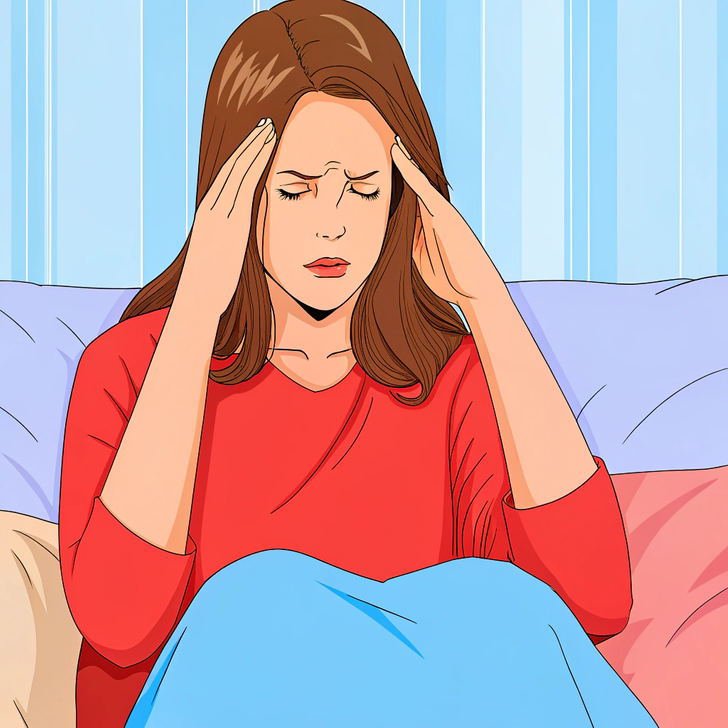
Endometriosis can mess with your body in unexpected ways, including frequent nausea and dizziness. Some people report feeling lightheaded or sick to their stomach for no clear reason, especially around their period. This can be due to inflammation, hormonal shifts, or pain signals disrupting the nervous system. If you frequently feel nauseous or dizzy without another explanation, endometriosis could be the culprit.
If you’ve been trying to conceive without success, undiagnosed endometriosis could be part of the problem.
The condition can create scar tissue, block fallopian tubes, and interfere with egg implantation, making conception more difficult. Even if you’re not trying for a baby now, knowing this early can help you plan for the future.
Our bodies communicate more than we realize — we just need to pay attention. Recognizing these signs can help prevent health missteps and lead to better care. For more ways your daily habits affect your well-being, check out 2 everyday brushing errors that cause stains and 6 sneaky ways stress is wrecking your body without you noticing.



